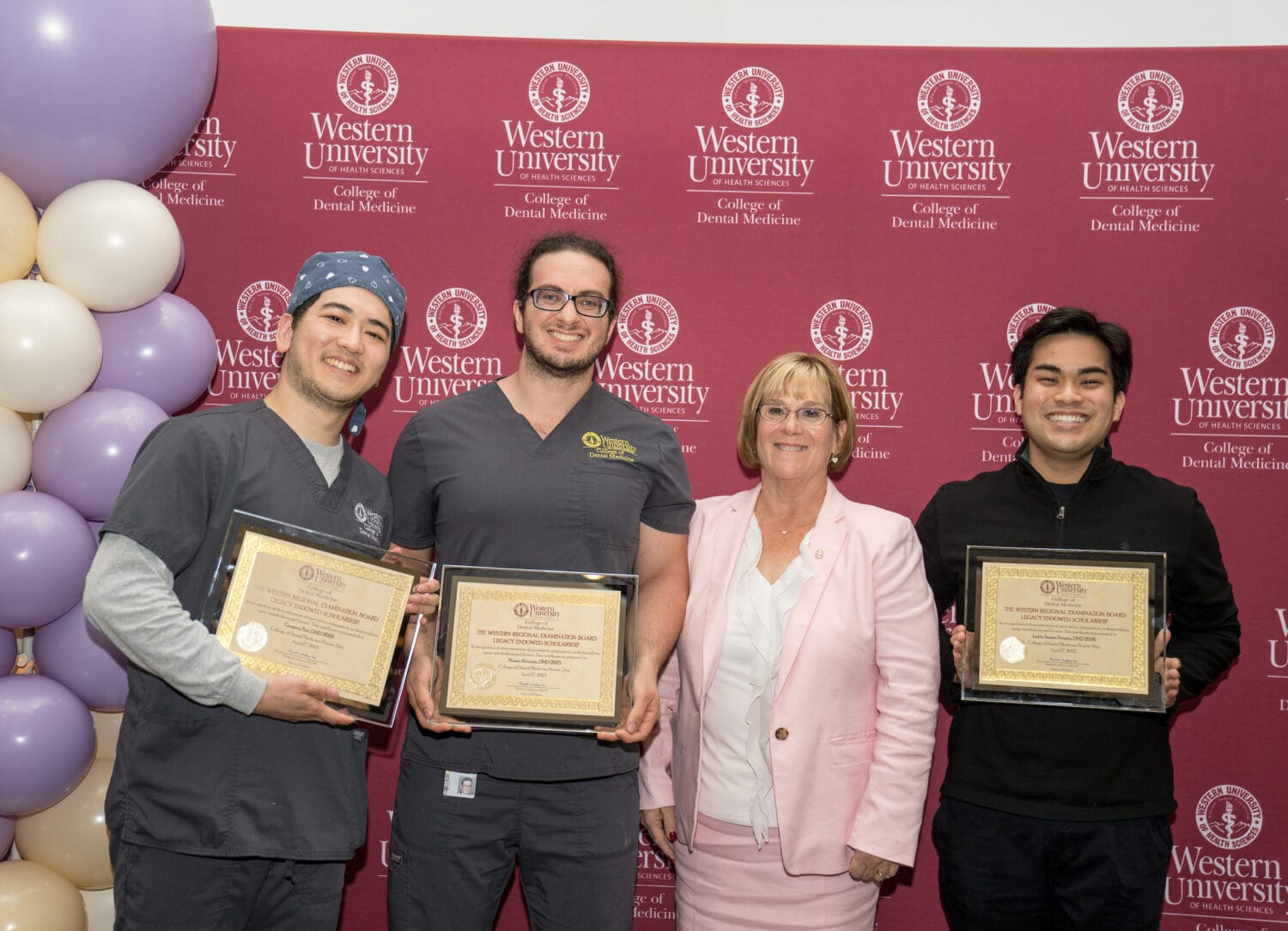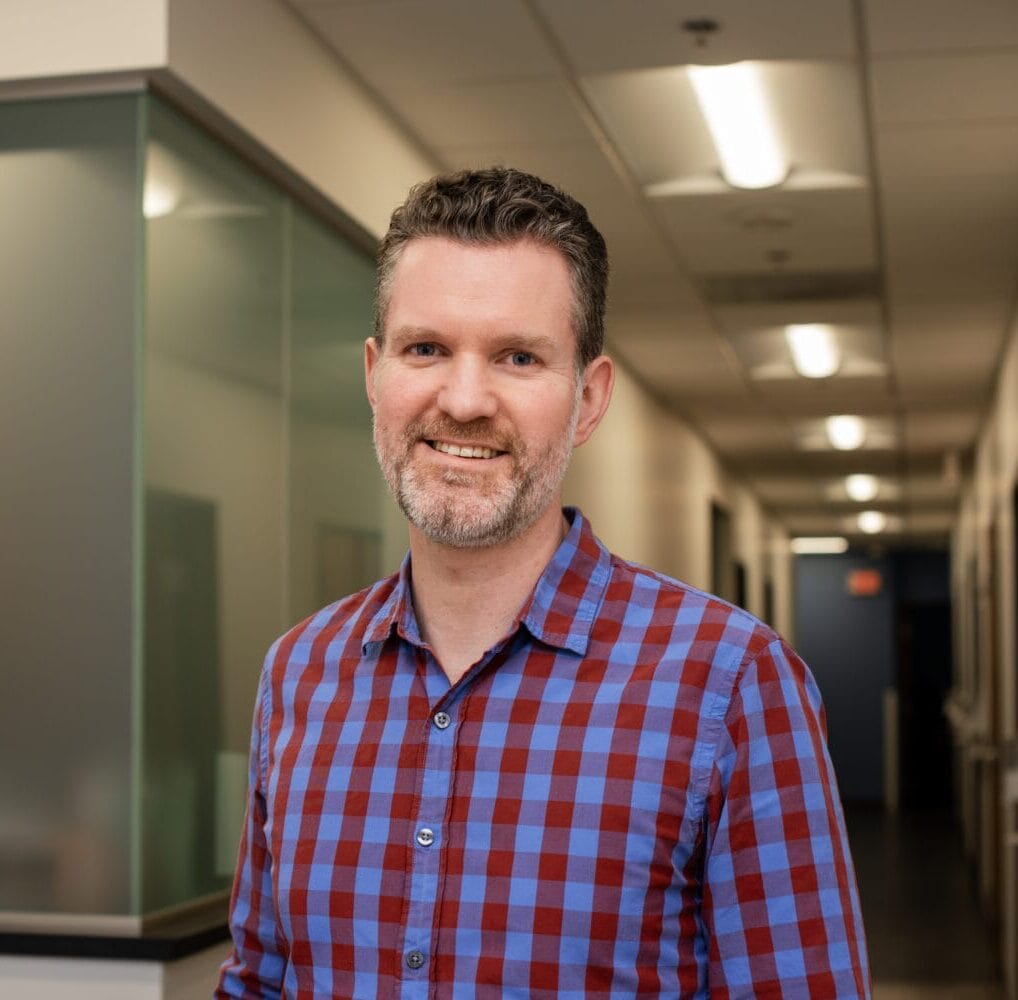WesternU's A Tribute to Caring gala to honor health care pioneers
Western University of Health Sciences will honor two health care pioneers at its annual A Tribute to Caring (ATC) gala on Saturday, Nov. 9, 2013 at the Disneyland Hotel in Anaheim, Calif.
Funds raised each year from A Tribute to Caring provide crucial scholarship support for WesternU students. Click here to visit the ATC website.
Rudolf L. Brutoco, MD, MPH, will receive WesternU’s highest award, the Elie Wiesel Humanism in Healing Award. Named for Nobel Laureate and Holocaust survivor Elie Wiesel, the award is presented to individuals who best represent the philosophy and values of the university and have actively incorporated them toward the betterment of the human condition.
Receiving the award is a tremendous honor, Dr. Brutoco said.
“Elie Wiesel devoted his life to humanism. It’s a tremendous affiliation and association,” he said. “It’s especially gratifying because my career has been multifaceted — personal health care, public health issues, philanthropic issues – but one thing that has connected my whole life’s work is regard for human beings and regard for the individual. So to have this award recognizing humanism places appropriate emphasis on the core value of my life’s work.”
A specialist in Behavioral and Developmental Medicine, with expertise in psychiatry, Dr. Brutoco’s career has been devoted to treating those with special needs, or going through temporary but difficult challenges. His professional goal has been to help individuals achieve their full potential, particularly when they encounter obstacles to personal happiness and fulfillment.
WesternU graduates and other health professionals should understand that they will have opportunities to be an important factor in other people’s well-being – opportunities that are sometimes not anticipated and not part of the career plan, Brutoco said.
“It’s important we be alert to that,” he said. “We have skills and talents and energies that can be applied to a number of problems, some of which we did not anticipate.”
Dr. Brutoco’s wife, Diana, was diagnosed with leukemia in 1988. She needed a bone marrow transplant to survive, but her family members weren’t a match and, at the time, few people were registered as donors.
Dr. Brutoco developed the concept and led an international grassroots movement to educate, motivate, recruit, test, finance and register bone marrow donors. The visionary Life-Savers Foundation of America formed synergistic relationships with huge agencies, institutions and non-governmental organizations, including the American Red Cross, National Institute of Health, Roche Lab and many others, in order to maximize the impact of the movement. Through Dr. Brutoco’s leadership of the Foundation, as well as leadership within the fledgling National Marrow Donor Program, the ranks of the donor pool rose exponentially in support of the new life-saving technique of bone marrow transplantation.
This effort brought together government officials, agency heads, top doctors and, most important, the public at large, Brutoco said. The doctor who performed Diana Brutoco’s successful marrow transplant received the Nobel Prize for his pioneering work in bone marrow transplants. Dr. Brutoco himself received much acclaim for his work and leadership in promoting and facilitating marrow and stem cell transplants.
But this breakthrough medical technology was useless to those who could not find a donor match. For that technology to reach its full potential, it required a vast number of volunteers to come forth and say, “I will save the life of a stranger.” There are now more than 6 million Americans registered as volunteer “Life-Savers” through the donation of their marrow or stem cells.
“We’ve received a lot of expressions of gratitude through the years from patients’ families,” Brutoco said. “But we’ve received even more appreciation from donors. They got a chance to make a difference in the lives of someone else. We were blessed to be the facilitator of that. We are giving people a chance to be their best self. It’s a way to truly connect one soul to another in this shared human journey that is life. Through selfless donation of marrow and stem cells, and the acceptance of that by the recipient, goodness comes forward in the most essential way.”
InnovaCare Inc. President and Chief Executive Officer Richard Shinto, MD, MBA, will receive WesternU’s Access to Caring Award, given to a person who has made a difference in advancing health care access and availability to underserved people. InnovaCare Health Solutions is a leading provider of managed health care services in North America.
Dr. Shinto has also been a pioneer in bringing the concept of medical provider networks to Puerto Rico.
“Puerto Rico had significant medical needs, but lacked infrastructure,” Shinto said. “Our company took the initiative to build the infrastructure to meet the needs of the people and the providers.”
He has more than 20 years of clinical and operational health care experience in managed care, and is an active member of the College of Osteopathic Medicine of the Pacific (COMP) Advisory Board at WesternU.
About six years ago, Dr. Shinto noticed many new physician graduates were not prepared to handle the financial and business aspects of health care. He partnered with COMP to provide externships for students and to offer an online program on how to deal with the business of health care.
“Health care is becoming more complex,” Shinto said. “It is about being a clinician, understanding the business of health care and maintaining your compassion and dedication to your patients and the profession.”
Shinto began his medical career as an internist and pulmonologist practicing in Southern California. When he first became involved in health care administration, physicians were participating in administrative discussions, but were not decision-makers, he said.
“It became apparent to me that clinicians needed to have a more integral role in health care decisions,” he said.
As he moved away from day-to-day clinical activities and into administrative duties, he brought a physician’s perspective to making policy and financial decisions.
“When I was a practicing physician, I was able to have an impact on individual patients,” Shinto said. “That was very fulfilling. When I became part of the health care administration, it gave me broader strokes. I was able to have more impact on a larger number of people. It’s great to help one person, but helping thousands of people and changing the course of health care with one decision has really opened my eyes to the power of health care and the value of the clinician.”



